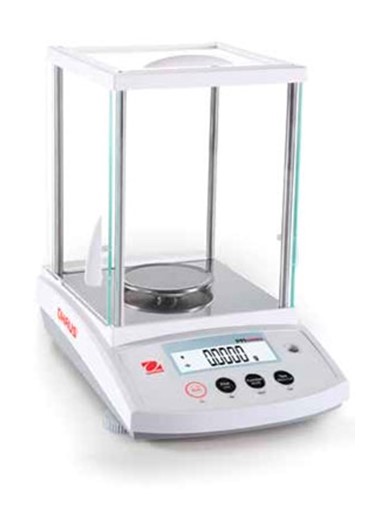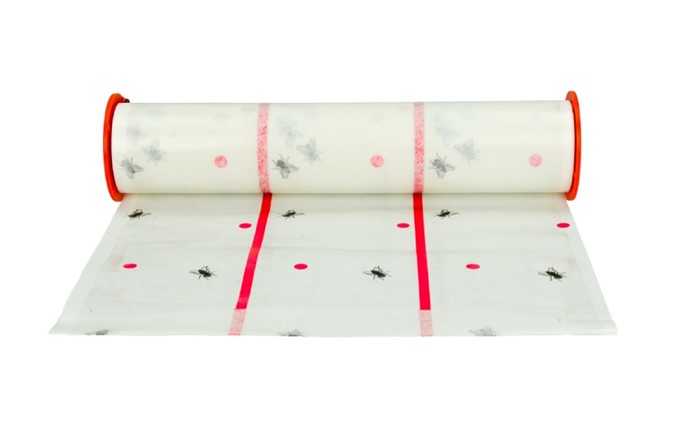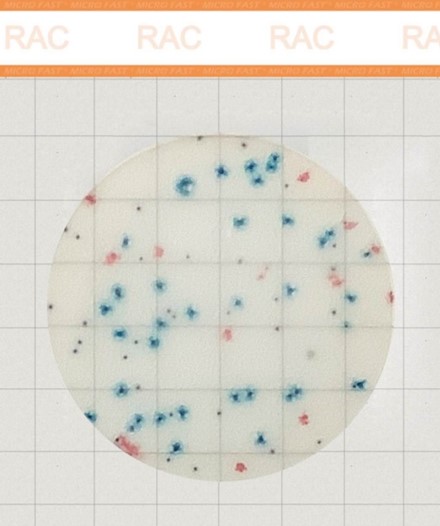Less than 160 names of foreign veterinary drugs may remain on the Russian market in autumn
Involuntary withdrawal from the market of foreign manufacturers of veterinary drugs threatens the livestock industry with serious problems. According to Zhavoronkov, due to changes in the protocols for the treatment and prevention of diseases, firstly, the cost of the final product may increase. “We are talking about economically significant diseases, this concept is not reflected in the law. But these diseases affect productivity - the economic indicator of business. If the bird gets sick, the egg comes out less marketable, then the producer's margin decreases. These diseases are controlled by precisely those vaccines that are supplied from abroad,” said Gleb Samoilov, manager for relations with state authorities at AVPHARM. In addition, according to Zhavoronkov, exports may also suffer.finished products, and relations with the EAEU: supplies of medicines and vaccines to the countries of the Union were carried out by Russian distributors, and RUSSIA is now the only country that introduces such restrictions.
The situation with vaccines is especially acute, but there are also difficulties with a number of drugs, says Zhavoronkov. As a result, two options remain: to change the legislation so that drugs enter the market, or “to invent a wheel in Russia — existing drugs,” many of which are irreplaceable. “For individual drugs, the dependence is up to 70-80%. Poultry farming depends on foreign vaccines by 80%, pig farming - by 70%, cattle - by 50-60% <...>. One can only predict how this involuntary departure will affect the market,” says Zhavoronkov.
The official position of ROSSELKHOZNADZOR and the Ministry of Agriculture is that there is no shortage on the market, he continues. At the same time, veterinary clinics turn to departments with letters indicating that there is still a shortage, and domestic analogues either do not match the quality of imported drugs, vaccines, or have serious side effects. According to Zhavoronkov, there are already fewer drugs on the Russian market, as a result, “gray” and “black” imports have increased by 30-35%, and prices have increased by five to ten times, despite the increase in imports, including through legal means. AVPHARM proposed to create a commission to assess the shortage of volumes and manually include the import of the relevant items, but the position of the departments is the same.
Since 2017, Russian inspectors have conducted 85 inspections for GMP certification, with only 20 of them having a positive outcome.
Large agricultural holdings prefer not to talk about the shortage, but some of them import drugs and vaccines under “gray” and “black” schemes. Others who do not have such an opportunity are gradually switching to domestic analogues. But the problem, according to Zhavoronkov, is that it is almost always a risk. “No one wants to experiment on animals,” he adds. In addition, imported cattle vaccines, for example, need to be vaccinated seven times, Russian - 13, and such procedures are always time and money for the manufacturer and stress for the animal, which affects its productivity, weight gain, etc.
Switching to Chinese or Indian drugs is also a vague alternative, according to AVPHARM. First, it is also difficult, expensive, and time-consuming for them to obtain GMP certification. “Everything is ambiguous, <...> there is no market stability. But CHINA , unlike other countries, dictates strict terms of supply - there are risks that Russian drugs will be crushed by Chinese ones in terms of volume, price and quality," Zhavoronkov said. According to him, Russian producers are hardly ready for such competition. As a result, Zhavoronkov says, now one can only hope for changes in state regulation, which have resonated with parliamentarians, but not with Rosselkhoznadzor.



























































